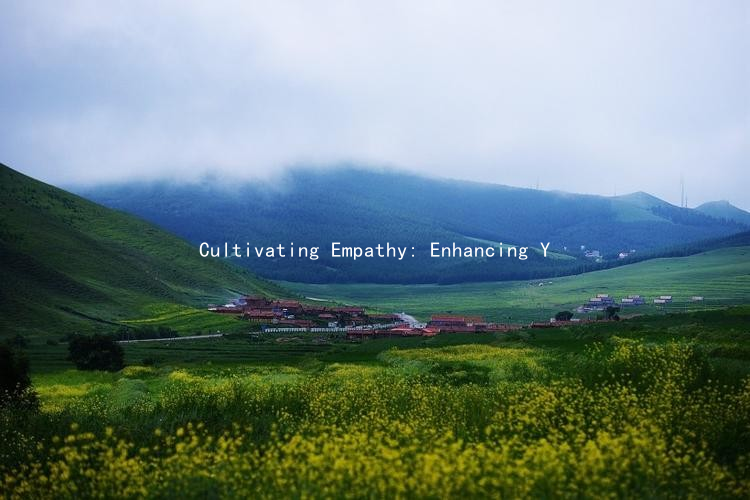Emotional Intelligence in Love: Key Lessons from a Sexuality Online Course
Emotional Intelligence in Love: Key Lessons from a Sexuality Online Course
In the realm of relationships, emotional intelligence (EI) plays a crucial role in fostering connection, understanding, and intimacy. A recent online course on sexuality not only explored physical aspects but also delved into the emotional intricacies that define our romantic interactions. Here are some key lessons derived from the course that can enhance emotional intelligence in love.
First and foremost, self-awareness stands as a foundational element of emotional intelligence. Recognizing ones own emotions, needs, and triggers lays the groundwork for healthier relationships. Participants were encouraged to reflect on their feelings in various situations, whether in moments of joy or conflict. Journaling was suggested as a practical tool to help individuals track their emotional responses over time, enabling them to articulate their feelings more clearly to their partners.
Another important concept discussed was empathy—the ability to understand and share the feelings of another. The course emphasized that developing empathy can transform conflict into constructive dialogue. Engaging in active listening was highlighted as a powerful technique. This involves not just hearing words but also paying attention to non-verbal cues and emotions behind the statements made. Practicing empathy fosters a safe space where both partners can express their vulnerabilities without fear of judgment.
Moreover, communication skills were at the forefront of the course content. It underscored the importance of having open and honest conversations about desires, boundaries, and expectations. Participants were taught to use “I” statements, such as “I feel” or “I need,” to communicate their feelings without sounding accusatory. This method reduces defensive reactions and encourages a collaborative atmosphere for problem-solving.

Conflict resolution strategies were also integral to the course. Understanding that disagreements are natural, the course provided techniques to navigate conflicts in a healthy manner. The idea of taking a time-out during heated moments to cool down before discussing issues was advocated. This approach allows individuals to process their emotions and return to the conversation with a clearer mindset, ultimately leading to more productive discussions.
The course also touched on the significance of emotional support within a romantic relationship. Being present for your partner in difficult times can strengthen the emotional bond. This means not only offering assistance but also validating their feelings, which fosters a deeper level of intimacy. Participants learned how to be more attuned to their partners emotional needs, creating a nurturing environment where both parties feel valued and understood.
Lastly, the notion of ongoing personal development was emphasized. Emotional intelligence is not static; it evolves with time and experience. Engaging in continuous learning about one’s emotional landscape, as well as that of one’s partner, can enhance relationship dynamics. Couples were encouraged to attend workshops, read books, or participate in activities that promote mutual growth and understanding.
In summary, the integration of emotional intelligence into romantic relationships is a transformative journey. By focusing on self-awareness, empathy, effective communication, conflict resolution, emotional support, and personal development, individuals can cultivate deeper connections with their partners. These lessons from the sexuality online course illuminate the importance of the emotional aspect of love, proving that understanding oneself and each other is key to nurturing lasting and fulfilling relationships.





